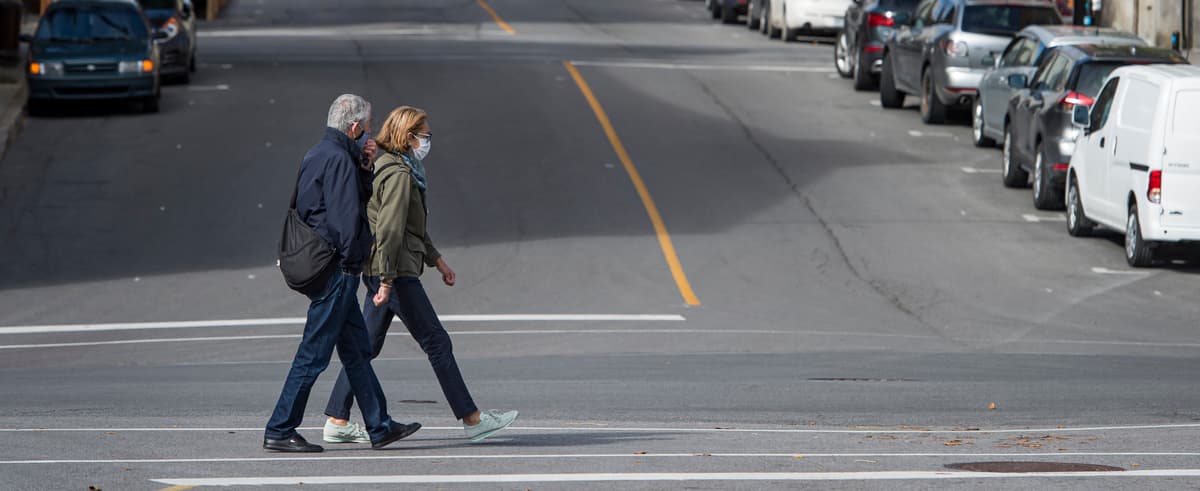To allow rapid economic recovery in this context of a pandemic, Quebec cities are calling for more “flexibility” in government programs.
• Read also: Quebec grants $ 263 million in financial assistance to the City of Montreal
• Read also: All developments in the COVID-19 pandemic
This is what Suzanne Roy, president of the Union of Quebec Municipalities (UMQ) supported Tuesday afternoon, a few minutes after a virtual meeting of the UMQ in which several mayors of the Capital region participated. National, including Régis Labeaume.
“Take the example of TECQ [taxe fédérale sur l’essence aux municipalités]. We already know the amounts already granted to each municipality. But we have no flexibility in knowing where we could put the money ”, illustrated Mme Roy.
The latter therefore asks that municipalities be able to take the devolved sums and invest them in projects that already appear in their respective PTI (three-year capital expenditure programs). “Reduce the delays and the ping-pong between Quebec and the municipalities,” she implored. It’s extremely slow before we manage to start the projects. We must reduce the delays and simplify things. We can be efficient and rigorous. ”
Too “generous” expropriation law
On the other hand, Mme Roy says he wants to tackle Quebec’s expropriation law, which she describes as “one of the most generous in Canada”.
“When we have to do a project and the landowners hear that it is a public body [qui est donneur d’ouvrage], they brakent four wheels and say to themselves: “We will collect a lot more money by contesting,” she said. We have seen in some cases up to five times the market value [pour des expropriations]. ”
Asked if this concerns the structuring public transport network of Quebec, Mme Roy replied in the affirmative. “Yes. By the tape, she confirmed. The deadlines are so long in terms of expropriations and the costs so expensive that it is certain that it is slowing down and that it harms several projects in Quebec. ”
 Canada Live NEWS – 24/7 Breaking Headlines & Updates Canada Live News is one of the largest news curating sites across Canada which is made exclusively for Canadian people.
Canada Live NEWS – 24/7 Breaking Headlines & Updates Canada Live News is one of the largest news curating sites across Canada which is made exclusively for Canadian people.
